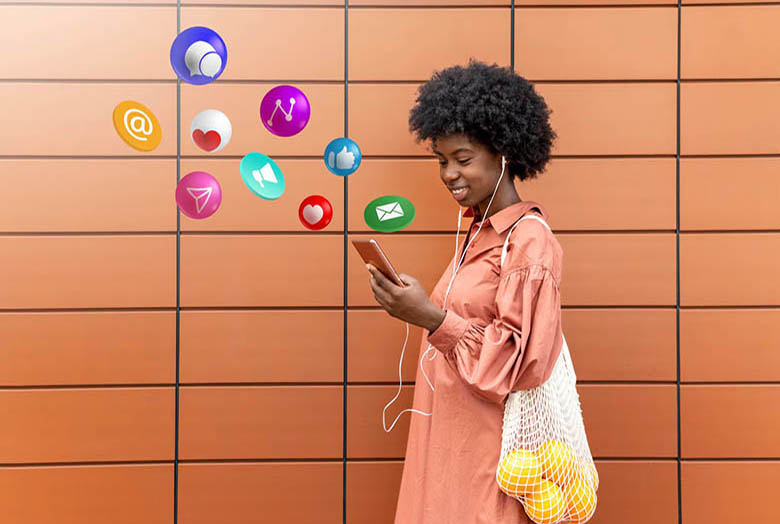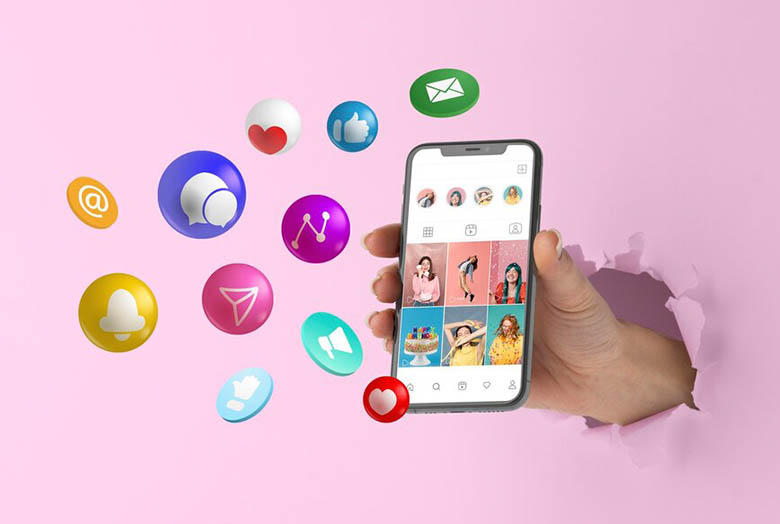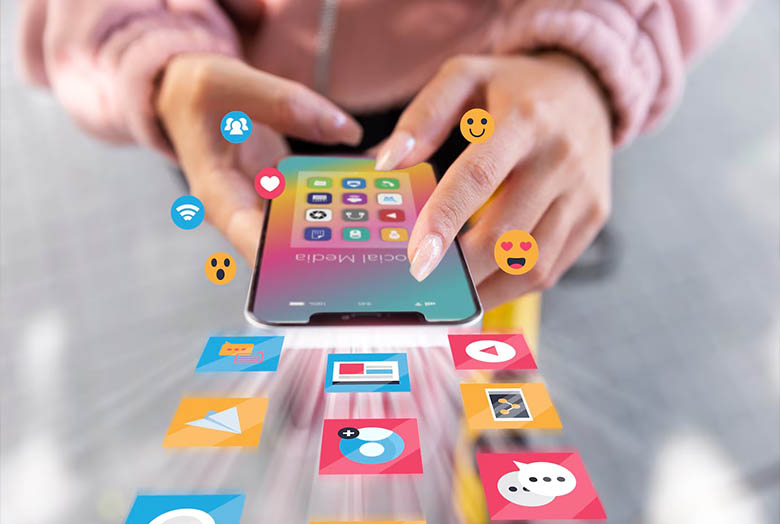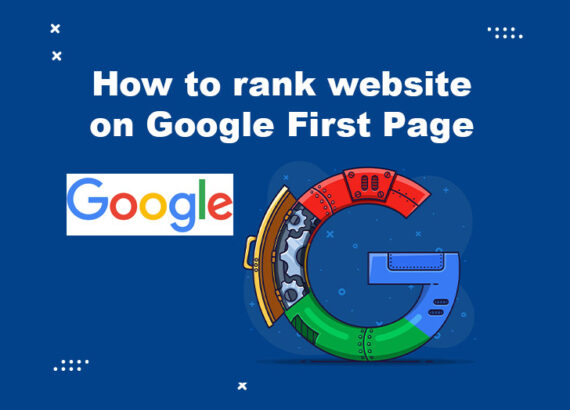Hey, Readers! Social media is both a friend and a foe. From the first point of view, it serves society, professionals, education, businesses, and more, but from another point of view, it also poses a danger to the young minds of the world. This blog discusses all the threats and issues social media poses affecting teenagers and not-so-mature people. Let’s explore further!
1. Comparison of Perfection Due to Social Media
When you scroll through Instagram, which is a famous social media app, you find various reels and content related to beauty, career, business, worldly facts, and much more. In this process, you develop different thoughts in your mind. For once, we can think you’ll understand and let go of the negative thoughts if you are stable and above 20 years old. But we can’t say the same thing for teenagers and young minds.
That’s the toxic comparison trap social media sets. Everything looks effortless online—but it’s not. The perfect skin? Filters and heavy makeup. The toned abs? Good lighting and angles. The luxurious vacations? Sometimes, they just staged photoshoots or, even worse—rented private jets that never actually left the ground. Yet, young minds fall into the trap of believing this is real. Young minds, still in the process of developing their self-worth, begin to compare their everyday existence to these staged moments of glamour. For instance, a teenage girl might obsess over her body shape, wondering why she doesn’t have the “perfect” waistline she sees on Instagram. And a teenage boy might feel like a failure because everyone online seems to be making money at 18 while he’s still figuring out life.

What happens next?
- Obsession with beauty filters and cosmetic procedures
- Extreme dieting or disordered eating habits
- Depression from feeling “not good enough”
- The belief that self-worth = online validation
And the worst part? No one talks about the reality behind the scenes. The influencers who seem perfect in their posts struggle with their own insecurities, the celebrities posting happy couple photos might be on the verge of a breakup, and that classmate who seems to have it all? They might be fighting silent battles you can’t even imagine.
But when the only thing young people see is the illusion, they start believing it’s reality—and that belief can be devastating.

2. The Never-Ending Cycle of Cyberbullying
Bullying has always existed, but before social media, there was at least an escape. When the school day ended, so did the torment. But today? The bullying never stops. So, can you think of this – A girl with not-so-good looks and acting tries to post reels and seek views? Within minutes, his classmates start commenting with not-so-encouraging comments. It can affect the girl’s self-esteem. At first, they laugh it off. But then the comments multiply. Someone takes his picture and turns it into a meme. By the next day, the entire school is laughing at him, and he dreads even stepping out of his house.
This is cyberbullying. It’s relentless, public, and inescapable. Unlike in-person bullying, where at least the humiliation is limited to a group of people, cyberbullying happens in front of an audience of thousands. Well. This scenario is still a horrific dream for a child. Young minds at school days aren’t that mature, so they take all this very seriously and personally to an extent. And believe me, this is exactly the situation that is happening with many individuals.
How Cyberbullying Affects Young Minds:
- Anxiety and panic attacks – The fear of checking notifications, knowing another cruel comment might be waiting
- Sleep disorders – Lying awake at night replaying the hateful messages
- Suicidal thoughts – Feeling like there’s no way out of the humiliation
- Social withdrawal – The fear of being laughed at in real life
And the worst part? Many cyberbullies hide behind fake accounts, making them fearless and crueller than they ever would be in person.

3. The Addiction Nobody Talks About – The Dopamine Trap
Most people think of addiction in terms of drugs or alcohol, but social media addiction is just as real. And just as dangerous.
Here’s what happens in a young mind:
You post a picture. Someone likes it. Your brain releases dopamine (the “feel good” chemical). Your brain loves dopamine. It wants more. So, you keep checking for more likes, and if you get lots of engagement, you feel great, but if you don’t? You feel like a failure. To get that dopamine high again, you keep posting, keep scrolling, and keep seeking approval. And just like that, social media takes control of your emotions.
Signs of Social Media Addiction:
- Waking up and checking your phone before even getting out of bed
- Feeling restless when you don’t have internet access
- Losing track of time while scrolling—what was supposed to be “just 5 minutes” turns into 3 hours
- Feeling anxious or depressed if a post doesn’t get enough likes
You know what? Social media has trained young brains to depend on validation from strangers. And once that happens, self-worth becomes fragile.

4. The Loneliness Paradox – More Connected, Yet More Isolated
In theory, social media should make young people feel more connected. But in reality? It’s making them lonelier than ever.
It’s strange—how can someone have thousands of followers and still feel lonely? The problem is that most online friendships are surface-level. They don’t offer the deep emotional connection that real-life relationships do.
What social media is doing to friendships:
- People text more but talk less.
- Hanging out in real life is replaced by Snapchat streaks and Instagram comments.
- Instead of being present, people are too busy taking pictures of the moment.
Effects of Social Media Loneliness:
- Increased social anxiety in real-life interactions
- Feeling “left out” when seeing others having fun online
- A fear of missing out (FOMO) that leads to more scrolling, more insecurity, and more isolation

Conclusion
In conclusion, social media can be really harmful, so it’s better to use it just as a tool and not get trapped in its attractive trap. Nextr Technology is the best web development agency in Delhi. We provide insightful articles to create awareness and understanding among users and professionals. To know more, contact us!
Thank you for reading
Buy Web Hosting at an affordable price: Buy Now.
If you want to build your website at an affordable price, contact www.nextr.in
Read this: Elon Musk’s Grok 3 AI Chatbot to Compete with DeepSeek and ChatGPT


















